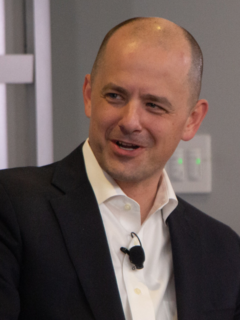A Quote by Edward Snowden
If even one country, an Iceland for example, defects from this global legislative bargain and says no, we're not going to enforcement mass surveillance here. We're not going to do that. That's where all of the data centres, all the service providers in the world will relocate to. And I think that gives us a real chance to see a more liberal than authoritarian future.
Related Quotes
When I was working in Japan, I created a system for ensuring that intelligence data was globally recoverable in the event of a disaster. I was not aware of the scope of mass surveillance. I came across some legal questions when I was creating it. My superiors pushed back and were like, "Well, how are we going to deal with this data?" And I was like, "I didn't even know it existed."
Internet exchanges and internet service providers - international fiber optic landing points - these are the key tools that governments go after in order to enable their programs of mass surveillance. If they want to be able to watch the entire population of a country instead of a single individual, you have to go after those bulk interchanges.
Disruptive technology is a theory. It says this will happen and this is why; it's a statement of cause and effect. In our teaching we have so exalted the virtues of data-driven decision making that in many ways we condemn managers only to be able to take action after the data is clear and the game is over. In many ways a good theory is more accurate than data. It allows you to see into the future more clearly.
The economic borderlines of our world will not be drawn between countries, but around Economic Domains. Along the twin paths of globalization and decentralization, the economic pieces of the future are being assembled in a new way. Not what is produced by a country or in a country will be of importance, but the production within global Economic Domains, measured as Gross Domain Products. The global market demands a global sharing of talent. The consequence is Mass Customization of Talent and education as the number one economic priority for all countries

































